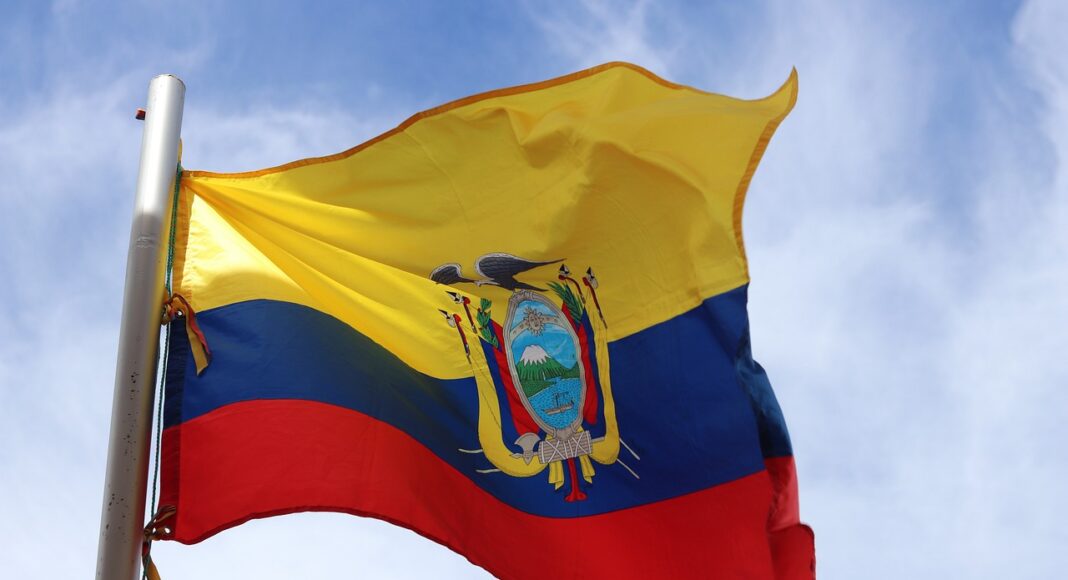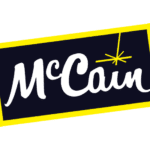Kiwa’s Native Andean potatoes selected as one of the top innovations in the world.
The World Potato Congress operates under the direction of a board of directors and international advisors who have the pulse of the global potato industry in their regions of the world. This global viewpoint is submitted by Martin Acosta of Inalproces, Ecuador, who also serves as an international advisor to the World Potato Congress Inc. Inalproces is a private sector company wanting to innovate in the snacks industry. It is an excellent example of how public and private partners can work together to strengthen the potato sector and provide food and income security.
Background
The potato is an important part of the production systems of the Ecuadorian highlands. It constitutes an important source of food and income for family producers. Approximately 88,130 producers are dedicated to growing potatoes. In Ecuador, it is estimated that 250,000 people are directly and indirectly linked to the crop, a source of employment estimated at $3.5 million in wages/year. The crop is mainly cultivated (76 per cent) by small-scale farmers in areas smaller than five ha.
Native potatoes are an ancestral product cultivated and maintained by Ecuadorian Andean communities, located at altitudes above 3,000 meters in the highlands. Used as food or barter, native potatoes contribute to the food security of the inhabitants of these communities.
With no secured market and nobody ready to invest, there was no way that thousands’ year-old naturally coloured potatoes could be rescued and taken to the market despite their extremely high nutrient density and cultural value. Then, in 2010, a combined effort between a public agriculture research institute — Instituto Nacional de Investigaciones Agropecuaria (INIAP), the National Agriculture Research Institute, and the International Potato Center (CIP) set the basis to promote their use and consumption.

Under the overall coordination and guidance of the CIP, the private company INALPROCES, the INIAP, and the farmer organization CONPAPA (AGROPAPA today) collaborated to develop market opportunities based on the country’s wealth of native potato varieties. In August 2010, a contract was signed between Inalproces and INIAP, with the task of developing (in this case, rescuing) raw materials, based on potato biodiversity, that could strengthen Ecuador’s national food security system, and Agropapa, an association of 400 small-scale farmers from the Ecuadorian highlands. Together, they began identifying native potatoes adequate for processing that could be produced and supplied by CONPAPA (AGROPAPA) to Inalproces.
Two colorful varieties with good processing characteristics were identified by INIAP and selected for producing high quality naturally colored potato chips: INIAP-Puca Shungo (Red Heart) and INIAP-Yana Shungo (Black Heart). The main characteristic of these chips was an intense reddish or purple colouration in their flesh, indicating the richness of antioxidants that differentiates them from better known improved potato varieties. This commercial innovation also catalyzed a range of technological innovations, including the production of high-quality seed and training services for farmers.
A first chip package of 50 grams was launched under the Kiwa brand both in the Ecuadorian and foreign markets. Kiwa means “green” in Quechua, the native language of the Andes. The brand name describes ongoing efforts to work according to social and environmental guidelines that ensure a healthy relationship with our partners and nature.
The business started small, promoting the KIWA chips with storytelling, transmitting the stories of the farmers collaborating to the initiative, the differences between regular potatoes and native potatoes and the benefits of these unique potatoes (for example, with high levels of antioxidants). Progressively, this has been making an impact on customers in several countries who were attracted by the colourful potatoes, different from what they normally found in the market. These potatoes are now sold both under the Kiwa brand and private labels in major retailers world-wide such as Costco in U.S. Farmers get paid a fixed price all year long which is around 33 per cent higher than the price of commercial potatoes.
By late 2011, after being awarded $37,500 grant from GIZ at the Anuga show in Germany, Kiwa’s Native Andean potatoes were selected as one of the top innovations in the world, sky-rocketing sales and opening new markets world-wide.











